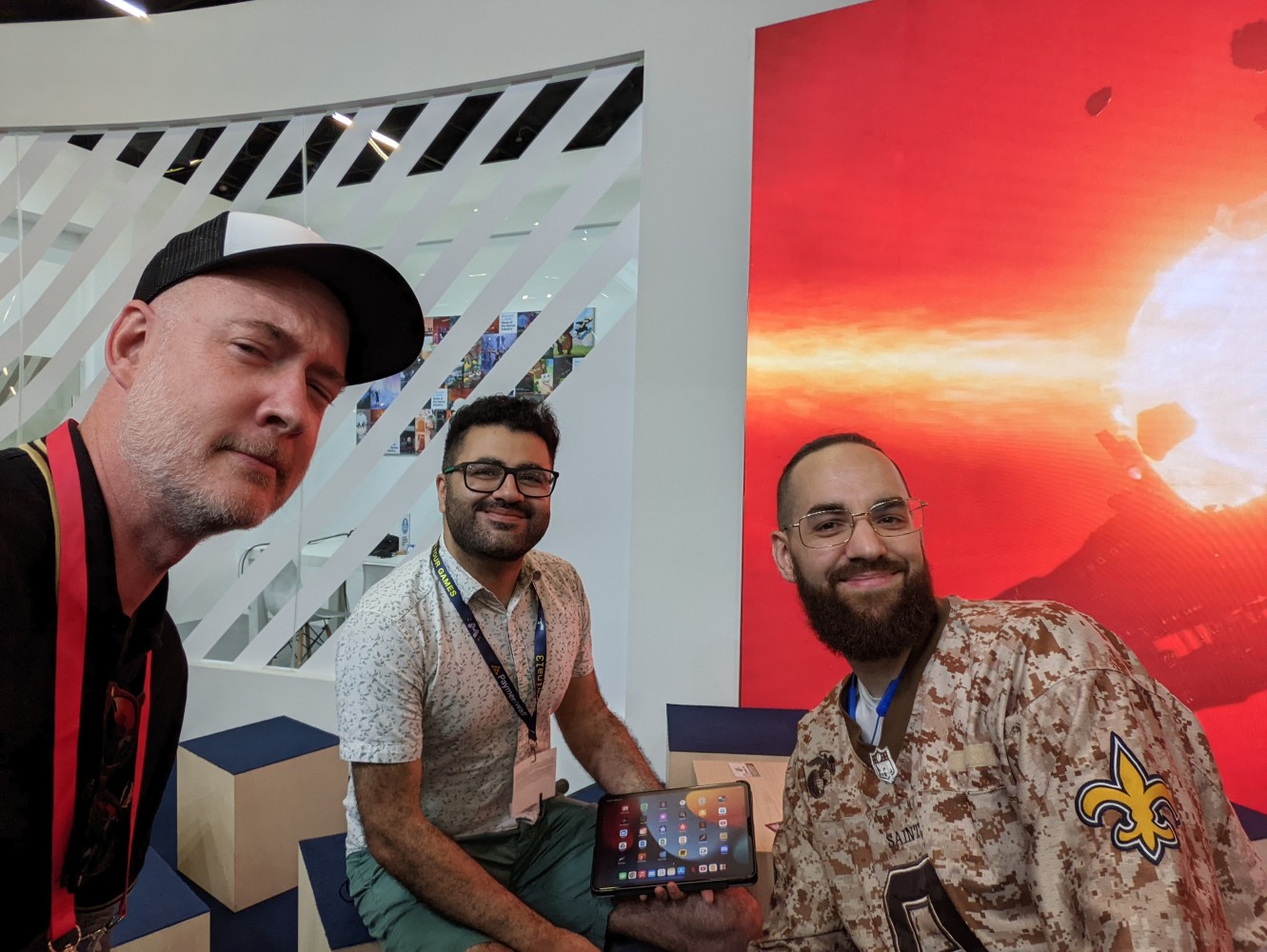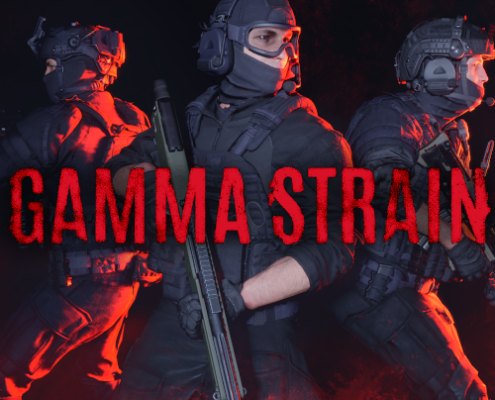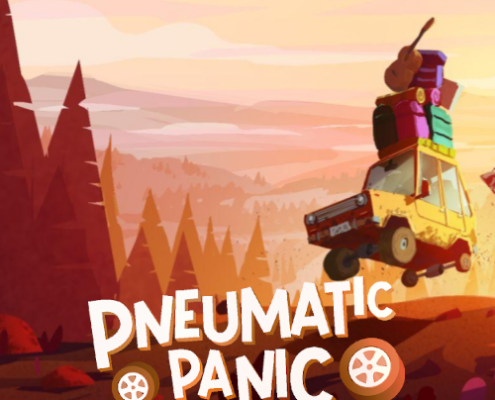A Birth of a Collective.
Some of the founding members of the Win Win Collective sat down to discuss the origin and philosophy of the group, including Mariam M. Draeger from Spoondrift Games, Timo Becker from tool1, and Jeremiah Costello from Gamma Minus UG.
What’s the Origin Story?
Mariam:The idea arose from a dialog between some indie studios that identified certain problematic patterns and hurdles in the German video game industry.
Although there are enough competent specialists and committed, innovative creatives throughout Germany, it is difficult for them to establish themselves in the long term. Particularly in the early stages and between projects, financial difficulties can arise which, without additional support, can jeopardize the existence of indie studios.
Fortunately, the state has made Germany competitive in the international market through video game funding at the state and federal levels. However, this is only one aspect and does not provide sufficient security for long-term planning.
From the other perspective, many studios are also looking for reliable outsourcing partners for large projects who can deliver high-quality work to specific deadlines. Without direct contact, a developer risks a lot when working with a new partner, which is undesirable, especially for large projects.
This made us realize that a collective solves several pains in the long run. As indie studios, we can distribute outsourcing work among ourselves and offer security to all studios involved, while at the same time providing partner studios with certified specialists for large projects. In this way, we contribute to the competitiveness of German studios on the international market, together as a team, and as a collective.
How did it go from the idea to reality?
Jeremiah: This is completely new territory for us. Each studio needs to remain independent and develop their own projects. Finding a healthy balance between commissioned work and our own projects will be a great and rewarding challenge.
Mariam: The first meeting was primarily about concrete documentation of our goals. In the second, we discussed our values and what we wanted to stand for as a collective. The third was about possible structures and work distribution. Since then, we’ve been having regular meetings and maintaining the necessary communication to keep our current growth stable.
How exactly is the collaboration structured?
Jeremiah: One of the biggest problems with work-for-hire jobs is that you’re always chasing the next assignment to make sure the team has work. A classic mistake is that you build up the team too quickly and then have to let them go at some point when a job doesn’t materialize or falls through. This yo-yo effect is not only harmful for the studio but especially for the developers. By allocating resources to projects based on the individual needs of each studio and ramping up each studio in a holistic way, we are laying the foundation for a sustainable model.
Mariam: Our partner studios include a large number of experts with different areas of expertise. On the one hand, this is extremely advantageous for orders because we can offer a lot. Behind the scenes, it means structure for us. We can keep track of things with the help of matrices and protocols.
For example, a customer may need three 3D artists. We could easily take these three individuals from three different studios because the contract usually runs through the collective. It makes no difference to the customer. Our members know each other, enjoy working together as a team, and like getting to know new colleagues from the client studio. Everything else is handled bureaucratically by us.
Founding studios of the Win Win Collective.
What are the greater plans for the collective?
Jeremiah: We see Win Win Collective as a promising construct whose core, as already mentioned, is sustainability. The creation of a social network for the participating studios is paramount. We are currently discussing various ways in which we can not only help each other but also involve newer studios in the process. We aim to set up a company sometime this year, but it remains to be seen what legal form we will then choose.
Mariam:I fully agree with my colleague Jeremiah. We have very specific goals at the moment and want to be strong within our niche: Helping indie studios with stability and supporting seekers with large-scale projects.
What we can imagine in the long term is expanding the reach of the collective. It would be great if we could become the go-to solution for clients for outsourcing jobs at some point. It would be just as nice to include more indie studios, both young and experienced, in our collective over the years. A regulated way of working in this area could influence the German video games industry and function as a positive example of healthy and sustainable work processes.
Are more studios planned on being added?
Jeremiah:As with any new company, especially one that has emerged from different studios, there are bound to be teething problems, and we are no different. We worked together on several projects before we decided to make it “official”. We are open to taking on new studios, but it has to be done organically.
Timo: We consider a close exchange between the studios to be very important. And the more studios are part of a collective, the more difficult it becomes to follow a common path. We are more concerned with expanding the network of our external partners than actually including new studios in the collective. A longer-term expansion of the collective with additional studios, potentially from different countries, is conceivable. For the time being, however, the focus is on the healthy expansion of cooperation between our studios.
Mariam: The collective will be expanded at some point. However, we first need to test and optimize our current infrastructure.
We’ve now had a surprisingly strong start with a lot of attention because all of our partner studios are already out and about in the industry, our contacts quickly became curious and the news spread quickly. Of course, this makes us very happy, but we have to work realistically and grow confidently so that we don’t implode in the first year.
Ask us again in a year 😀
Are you planning to expand to other regions?
Mariam: We are already taking customers from all over the world. As far as our specialists are concerned, we are sticking with experts based in Germany for the time being. As our goals are directly linked to Germany’s position in the global games market, that’s the only thing that makes sense at the moment.
We also want to be associated with our work for the German gaming industry and be able to take a qualified stance on topics such as fair working conditions, self-employment, and public funding for indie studios.






